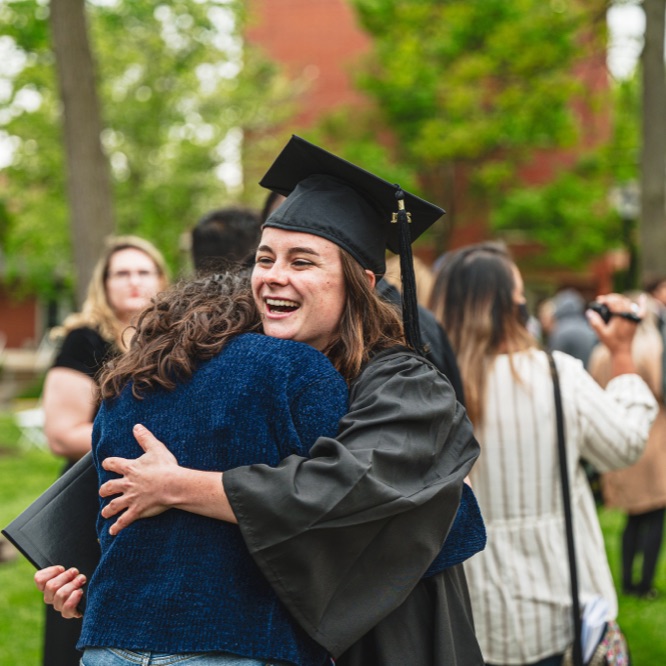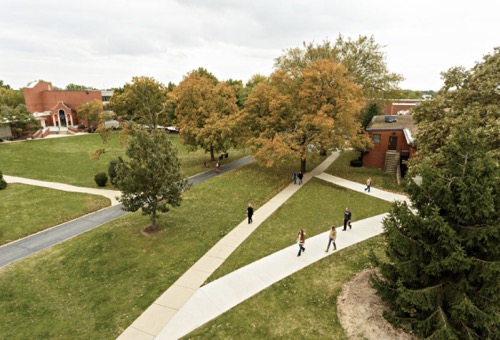Physical Education at Greenville University
Share your enthusiasm for fitness and prepare for a rewarding teaching career in physical education. This program combines professional and physical education coursework with practical experience. The coaching curriculum includes football, soccer, volleyball, basketball, baseball, softball, and track and field.
Check out more information about the education program at Greenville University.

Why GU

Deepen Your Education
We’re a liberal arts school. That means you get a holistic education that introduces you to many subjects and ideas, helping you grow your interests and skills.

Personalized Attention
Experience personal growth and plan your career under the guidance of faculty who know your name and cheer your success. GU’s low 11:1 student/faculty ratio and community atmosphere allow professors to invest in their students, and know your strengths and abilities in the field of social work.

Faith-based
Learn to incorporate your faith into both your studies and your career.


